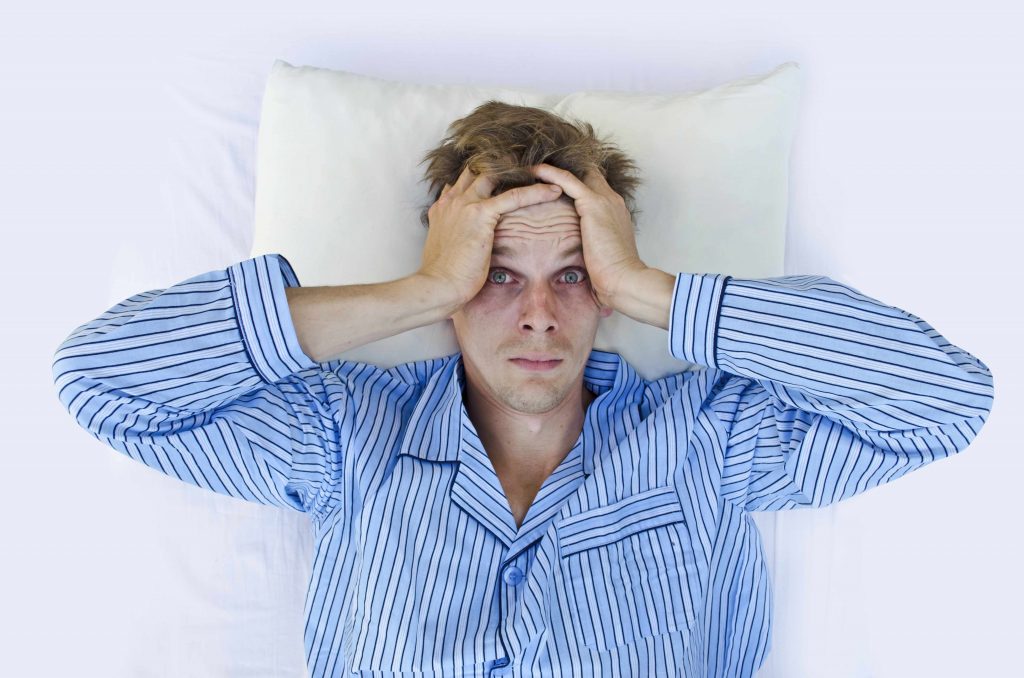-
Housecall: Do you need a sleep study?
 THIS WEEK'S TOP STORIES
THIS WEEK'S TOP STORIES
Polysomnography: Why it's done and what you can expect
Do visions of sugarplums elude you as you try to get a good night's rest? Your health care provider may recommend polysomnography, also called a sleep study, which can help diagnose and treat chronic insomnia, sleep apnea and more. Polysomnography records your brain waves, heart rate and breathing; the oxygen level in your blood; and your eye and leg movements during sleep. Find out if a sleep study might be right for you.
When diabetes symptoms are a concern
Diabetes is a serious condition. However, early symptoms of diabetes, such as excessive thirst or fatigue, can seem harmless. Pay attention to clues your body may be giving you to avoid dangerous complications. The earlier the disease is diagnosed, the sooner treatment can begin. Here's what to look for and when to consult your health care provider.
EXPERT ANSWERS
Is there an MS diet?
There is no evidence that a specific diet can prevent, treat or cure multiple sclerosis (MS). Some special diets can be harmful because they contain too much of certain vitamins or not enough of others. Learn more from Dr. Orhun Kantarci, a Mayo Clinic neurologist.
Is there any remedy for plugged ears?
When you have a cold, you may experience a feeling of fullness or pressure in your ears that can be uncomfortable. This happens when your eustachian tubes, which run between your middle ear and the back of your nose, become obstructed. There are some simple self-care measures that may help. Learn more from Dr. Laura Orvidas, a Mayo Clinic otolaryngologist.
PLUS ADDITIONAL HIGHLIGHTS
Video: 'Need to Relax? Take a Break for Meditation'
Headache: First aid
Glaucoma
Slideshow: How to trim thickened toenails
HEALTHY RECIPES
Cinnamon rolls
Lean country-style breakfast sausage
Citrus salad
Hearty chicken bowl
HEALTH TIP OF THE WEEK
Snoring solution: Sleep on your side
Sleep on your side to prevent snoring. Lying on your back allows your tongue to fall backward into your throat, which narrows your airway and partially obstructs airflow. To stay off your back, try sewing a tennis ball in the back of your pajama top. This uncomfortable trick will remind you to roll over.
Need practical advice on diet and exercise? Want creative solutions for stress and other lifestyle issues? Discover more healthy lifestyle topics at mayoclinic.org.
Receive a free e-subscription to Housecall and other health newsletters.







